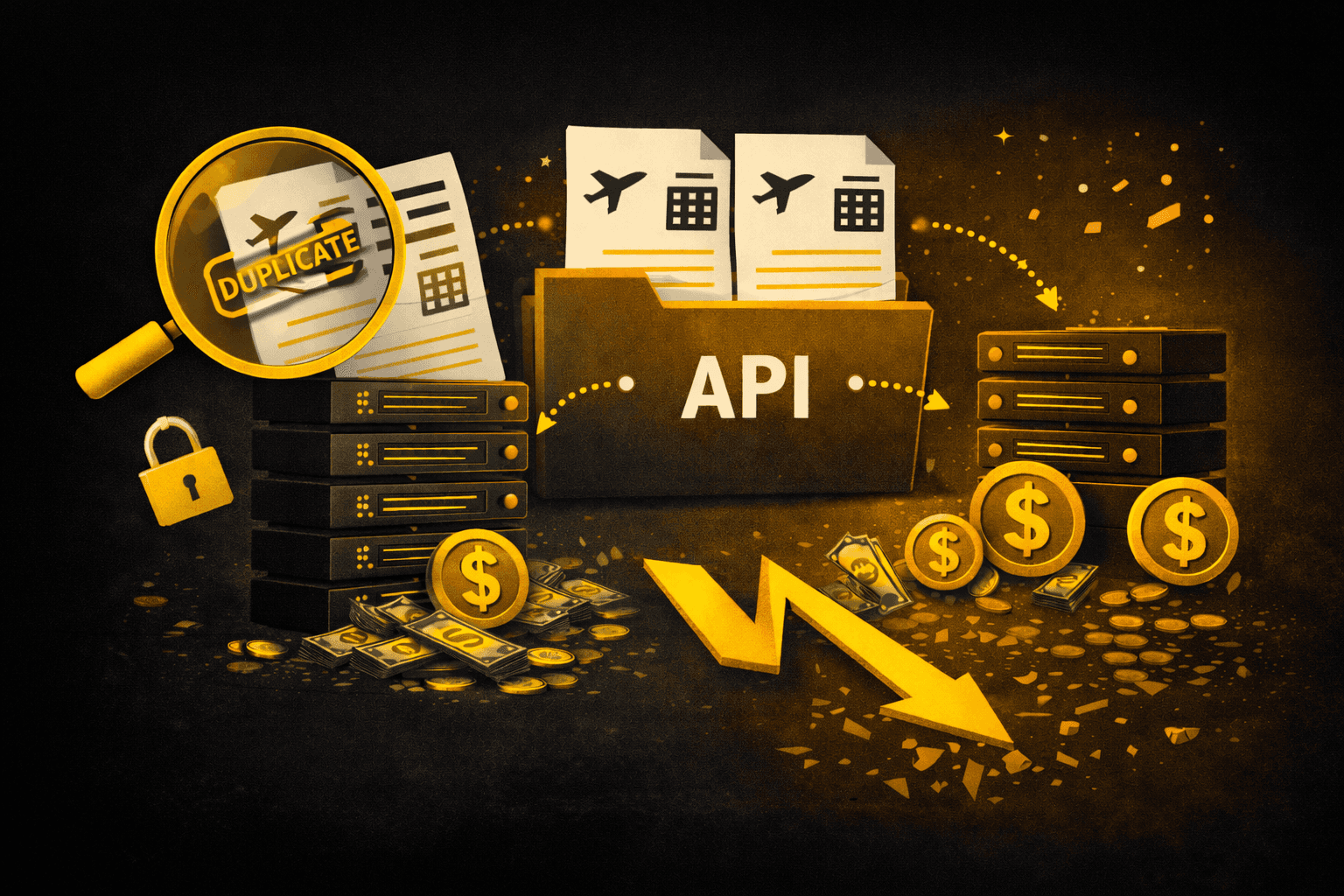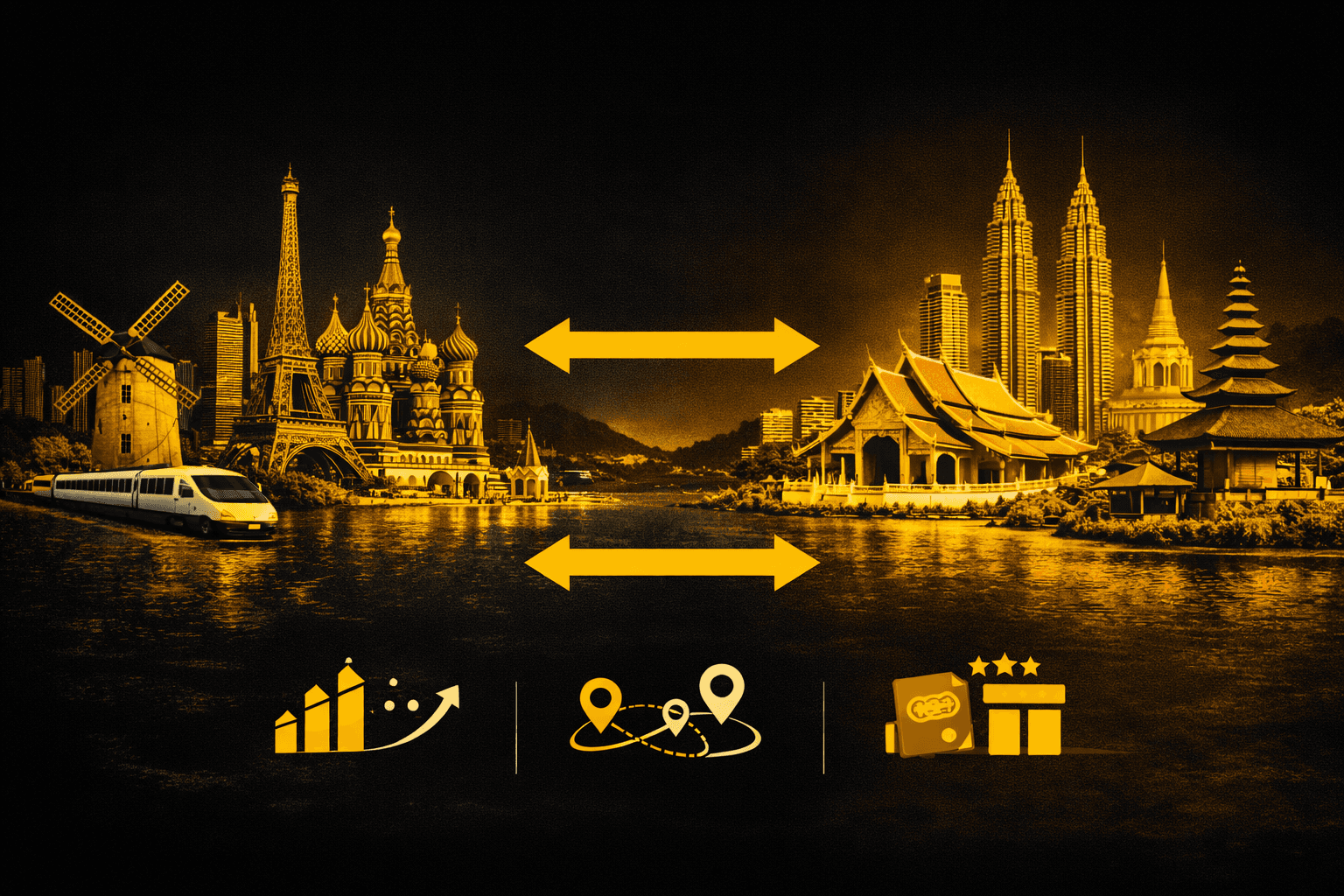AI & GenAI in Travel Planning: How Technology is Revolutionizing the Journey
The travel industry is experiencing its most significant technological transformation yet. With 41% of North American travelers already using generative AI for trip planning in 2024—up from 34% just months earlier—we're witnessing a fundamental shift in how people discover, plan, and book their journeys. For travel businesses, this revolution presents both unprecedented opportunities and critical challenges.
The AI Adoption Surge: Numbers That Matter
The statistics paint a compelling picture of rapid adoption:
70% of Americans are either using, planning to use, or open to using AI tools for travel arrangements
Over 50% of travel companies now use generative AI to assist travelers during the booking process
82% of recent AI users say they're likely to use the technology again for future travel planning
59% of travelers under 45 have recently used generative AI for trip inspiration or itinerary planning
This isn't just a tech trend—it's a fundamental shift in consumer behavior that's reshaping the $512.5 billion global online travel industry.
How AI is Transforming the Travel Experience
1. Personalization at Scale
Travel companies using AI report that 32% of their revenue is now AI-influenced, up from just 9% in 2018. This dramatic increase stems from AI's ability to:
Analyze vast amounts of customer data to offer hyper-personalized recommendations
Create tailored itineraries based on individual preferences and constraints
Predict traveler needs before they're expressed
Real Impact: Hotels using AI-driven demand forecasting report accuracy improvements that reduce overbooking and underbooking, leading to smoother guest experiences and optimized revenue.
2. Conversational Trip Planning
Generative AI has transformed the planning process from hours of research to minutes of conversation. Travelers can now:
Ask natural language questions like "Plan a 5-day beach vacation for a family of four under $3,000"
Receive instant, detailed itineraries with flights, hotels, and activities
Refine suggestions through conversational interactions
Key Finding: Consumers avoid two major pain points when using generative AI—information overload and time spent navigating multiple sources.
3. Dynamic Pricing Revolution
AI-powered revenue management is creating a $30 billion opportunity for airlines alone. The technology enables:
Real-time price adjustments based on demand patterns
Predictive analytics for seasonal and event-based pricing
Customer segmentation for targeted offers
Industry Example: A major hospitality company investing $1-1.2 billion in tech spending uses AI to optimize occupancy rates across its global portfolio.
The Business Impact: Revenue and Efficiency Gains
For travel businesses, AI adoption translates directly to the bottom line:
15-25% earnings improvement potential for companies that holistically address digital and analytics opportunities
91% of travel companies plan "moderate to aggressive" growth in tech spending for 2024
14% increase in planned technology investments across the travel sector
Success Metrics by Segment:
Hotels & Accommodation
Enhanced demand forecasting accuracy
Improved RevPAR through dynamic pricing
Reduced operational costs via automation
Airlines
1% profitability boost potential ($30 billion opportunity)
Optimized route planning and capacity management
Personalized ancillary revenue generation
Online Travel Agencies (OTAs)
Higher conversion rates through AI chatbots
Reduced customer service costs
Increased average booking values
Key Applications Driving Growth
1. AI-Powered Customer Service
24/7 multilingual support through chatbots
Instant resolution of common queries
Seamless handoff to human agents for complex issues
2. Predictive Analytics
Demand forecasting for pricing optimization
Customer churn prediction and prevention
Maintenance scheduling for airlines and hotels
3. Visual and Voice Search
Image-based destination discovery
Voice-activated booking assistants
AR/VR previews of hotels and destinations
Challenges and Considerations
While the opportunities are vast, travel businesses must navigate several challenges:
Data Privacy Concerns
GDPR compliance and hefty fines (Booking.com's $560k penalty serves as a warning)
Consumer worries about data selling and security breaches
Need for transparent data usage policies
Integration Complexity
Legacy system compatibility issues
Staff training requirements
Initial investment hurdles
Trust and Adoption Barriers
Older travelers (45+) show lower adoption rates (31% vs. 59% for younger travelers)
Need for human touch in complex situations
Accuracy concerns for AI recommendations
Strategic Roadmap for Travel Businesses
Immediate Actions (0-3 months)
Audit current tech capabilities and identify AI integration opportunities
Start with customer-facing AI tools (chatbots, recommendation engines)
Partner with established AI providers for quick wins
Short-term Goals (3-12 months)
Implement AI-driven pricing and revenue management
Deploy predictive analytics for demand forecasting
Train staff on AI tools and best practices
Long-term Vision (12+ months)
Develop proprietary AI capabilities for competitive advantage
Create omnichannel AI experiences across all touchpoints
Build data ecosystems for continuous improvement
The Future of AI in Travel
The AI travel market is projected to reach $2.9 billion by 2026, with growth accelerating as technology advances. Emerging trends include:
Generative AI travel assistants that accompany travelers throughout their journey
Blockchain integration for secure, transparent transactions
IoT connectivity enabling real-time personalization
Emotional AI that responds to traveler mood and preferences
Action Steps for Success
Start Where Your Customers Are: With 58% of all respondents likely to use AI for future travel planning, businesses can't afford to wait
Focus on Pain Points: Address information overload and complex booking processes first
Invest in Data Infrastructure: Quality AI requires quality data—ensure your systems can capture and process customer information effectively
Maintain the Human Touch: Use AI to augment, not replace, human expertise
Measure and Iterate: Track AI-influenced revenue and continuously refine your approach
The Bottom Line
AI and GenAI aren't future technologies—they're present realities reshaping travel today. With consumer adoption accelerating and early movers seeing substantial revenue gains, the question isn't whether to adopt AI, but how quickly you can integrate it effectively.
The travel businesses that thrive will be those that view AI not as a cost center but as a strategic investment in customer experience and operational efficiency. In an industry where margins matter and customer loyalty is gold, AI offers the tools to deliver both.
As we stand at this technological inflection point, one thing is clear: the age of AI-powered travel has arrived. The only question is whether your business will lead or follow.




